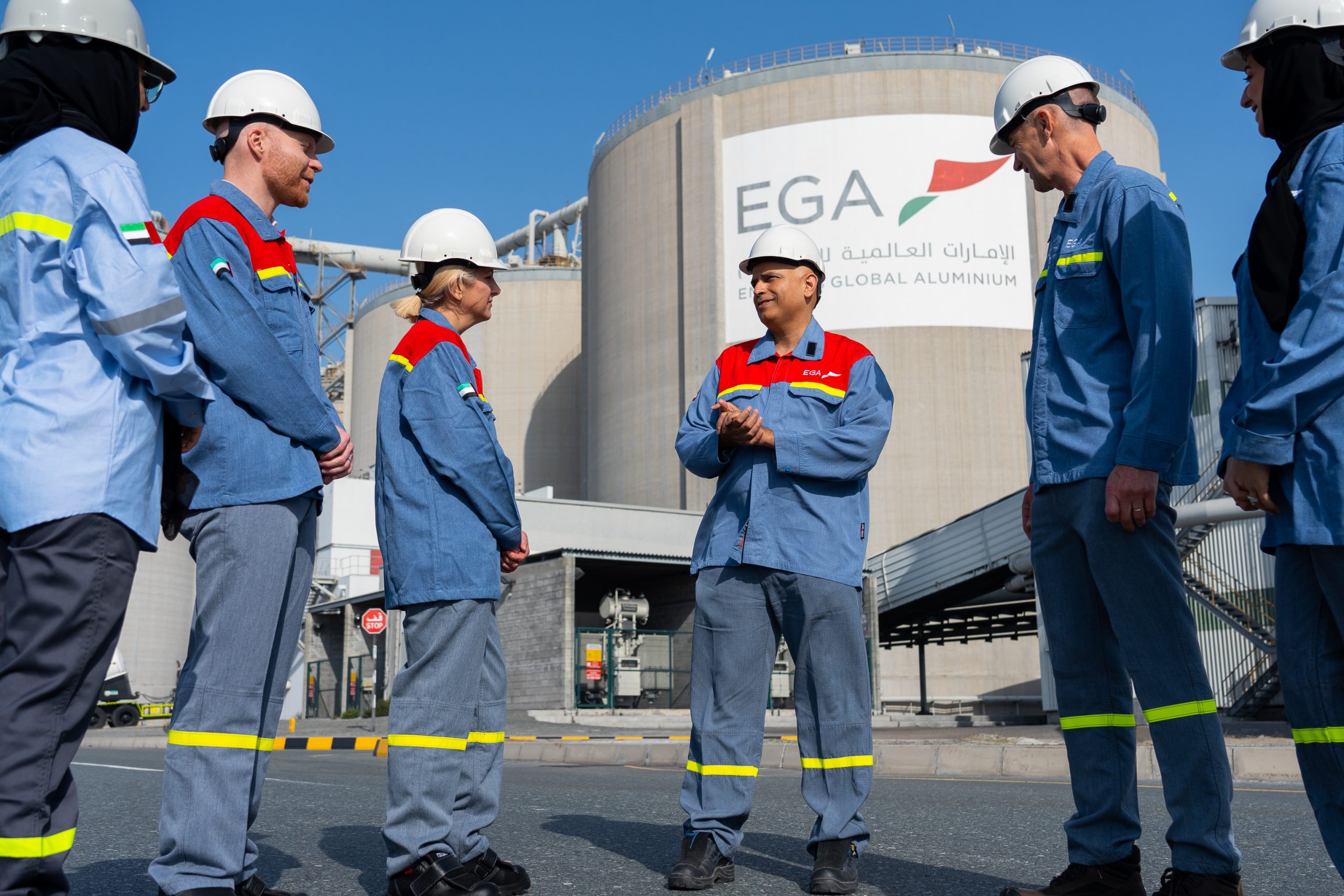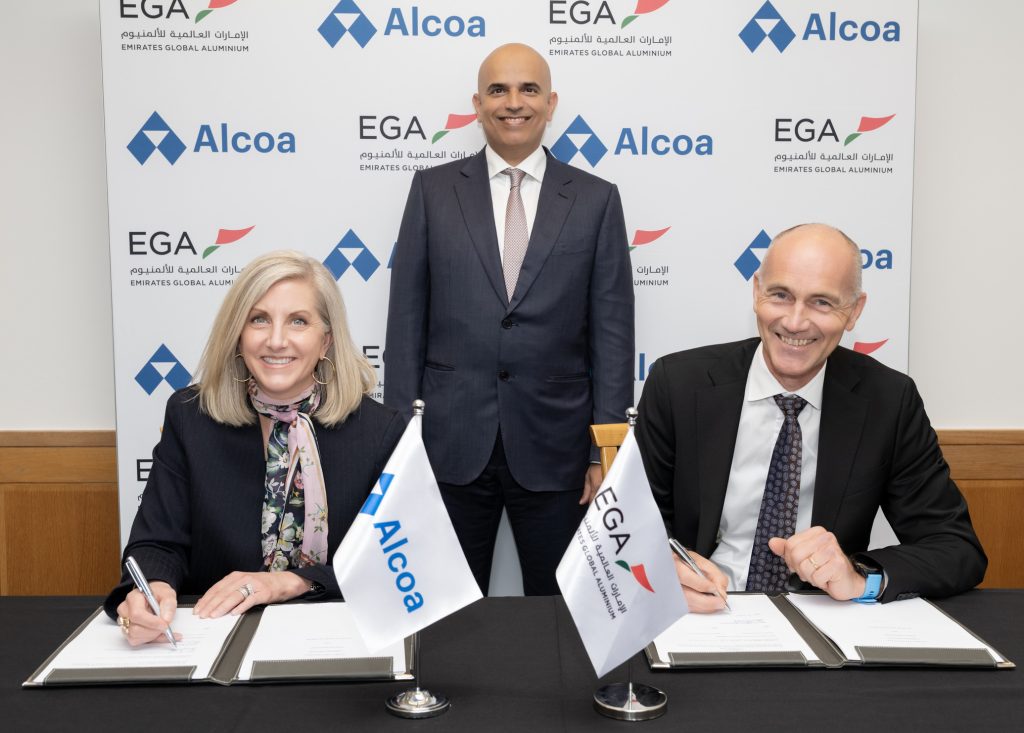Alcoa (NYSE: AA) and Emirates Global Aluminium (EGA) announced today a new multi-year agreement for Alcoa to supply EGA with smelter-grade alumina.
Over the life of the 8-year agreement, which commences in 2024, volume options will allow EGA to procure as much as 15.6 million metric tons of alumina from Western Australia. The supply agreement will represent a significant portion of Alcoa’s annual third-party alumina sales.
The supply agreement will make Alcoa EGA’s largest third-party supplier of alumina. EGA’s Al Taweelah alumina refinery in Abu Dhabi met 47 per cent of EGA’s total alumina needs in 2022.
“Alcoa operates the world’s largest third-party alumina business with low-carbon processes, and we’re proud to be recognized with this significant additional volume from EGA as a leading global producer,” said Alcoa President and CEO Roy Harvey. “The agreement is the largest alumina supply contract ever signed between Alcoa and EGA, and it is one of the largest in the industry and will strengthen the long-term supply relationship between our two companies.”

EGA is the largest industrial Company in the United Arab Emirates outside of oil and gas, operating smelters in Abu Dhabi and Dubai, an alumina refinery in Abu Dhabi, and a bauxite mine in the Republic of Guinea.
“Most of our alumina needs into the next decade are now secured by our own production and a long-term supplier in Alcoa that is aligned with our sustainability goals.,” said Abdulnasser Bin Kalban, EGA’s Chief Executive Officer. “This agreement will further strengthen EGA’s platform for future growth.”
The contract includes options for EGA to choose Alcoa’s low-carbon EcoSourceTM alumina, the aluminium industry’s only low-carbon alumina brand.
EcoSource is produced with no more than 0.6 tons of carbon dioxide equivalents (CO2e) per ton of alumina (scope 1 and scope 2 emissions), half of the industry’s average of 1.2 tons of CO2e. This measurement includes direct emissions from the Company’s bauxite mining and alumina refining processes and indirect emissions from the energy consumed in those processes.

